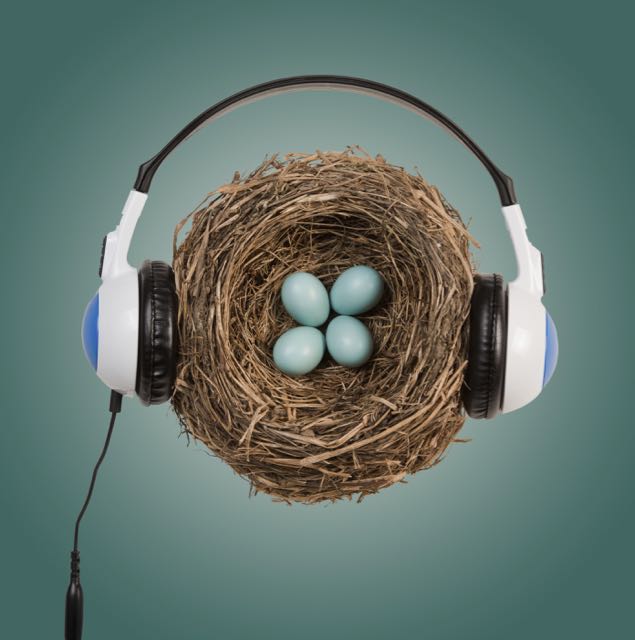A magazine where the digital world meets the real world.
On the web
- Home
- Browse by date
- Browse by topic
- Enter the maze
- Follow our blog
- Follow us on Twitter
- Resources for teachers
- Subscribe
In print
What is cs4fn?
- About us
- Contact us
- Partners
- Privacy and cookies
- Copyright and contributions
- Links to other fun sites
- Complete our questionnaire, give us feedback
Search:
Learning to sing
by Dan Stowell, Queen Mary University of London

Humans have lots of different spoken languages. We all learn the language of the place we grow up. We learn to talk, learn the sounds we need to make to be understood by the people around us, when very young. We not only have different languages but different dialects. If you grow up in Newcastle, Liverpool or Glasgow, you learn to make different sounds to say the same thing. That shows that our language ability is not completely fixed by our genes. It isn't hardwired into our heads when we are born that we should speak in a particular way. So what about songbirds? Do they learn to sing or just know what to do at birth?
Every species of bird has its own identifiable call. Does that mean blackbirds are born with a hardwired blackbird song? Scientists have shown that songbirds don't have a completely fixed pattern of song. They learn from birds around them, usually their parents, just like us. They each use a local 'dialect' that changes from place to place. A blackbird from Newcastle sounds different to one from Liverpool or Glasgow! Like us, they learn this when young.
Scientists are especially interested in songbirds' skill of vocal learning, because of how they learn. Songbirds and humans have very different ways of communicating, and the similarities and differences can help us to understand how evolution works. It may also show us how evolution led humans to have such complex language, and maybe even how we came to have such complicated thinking skills too.
Scientists can get some ideas by simply listening to bird sounds. But in order to get precise measurements, and to make use of large amounts of data, they need to develop ways that machines can automatically analyse the sound for them. Which sounds always happen in sequences? Which sounds are always responses to another bird? How do bird songs change when the bird is in a noisy place like a city?
That is where the programmers come in. They invent algorithms and write pattern matching programs that trawl through all the data in sound recordings, hunting for patterns. They can't do that alone though, as you need to understand both the questions to ask and how to interpret the results. So, biologists and computer scientists get together to come up with, and then answer, these big questions about life, about birds, about humans.
There's lots still to answer, lots to understand so maybe if you have an interest in both our feathered friends and computers you could one day help.


